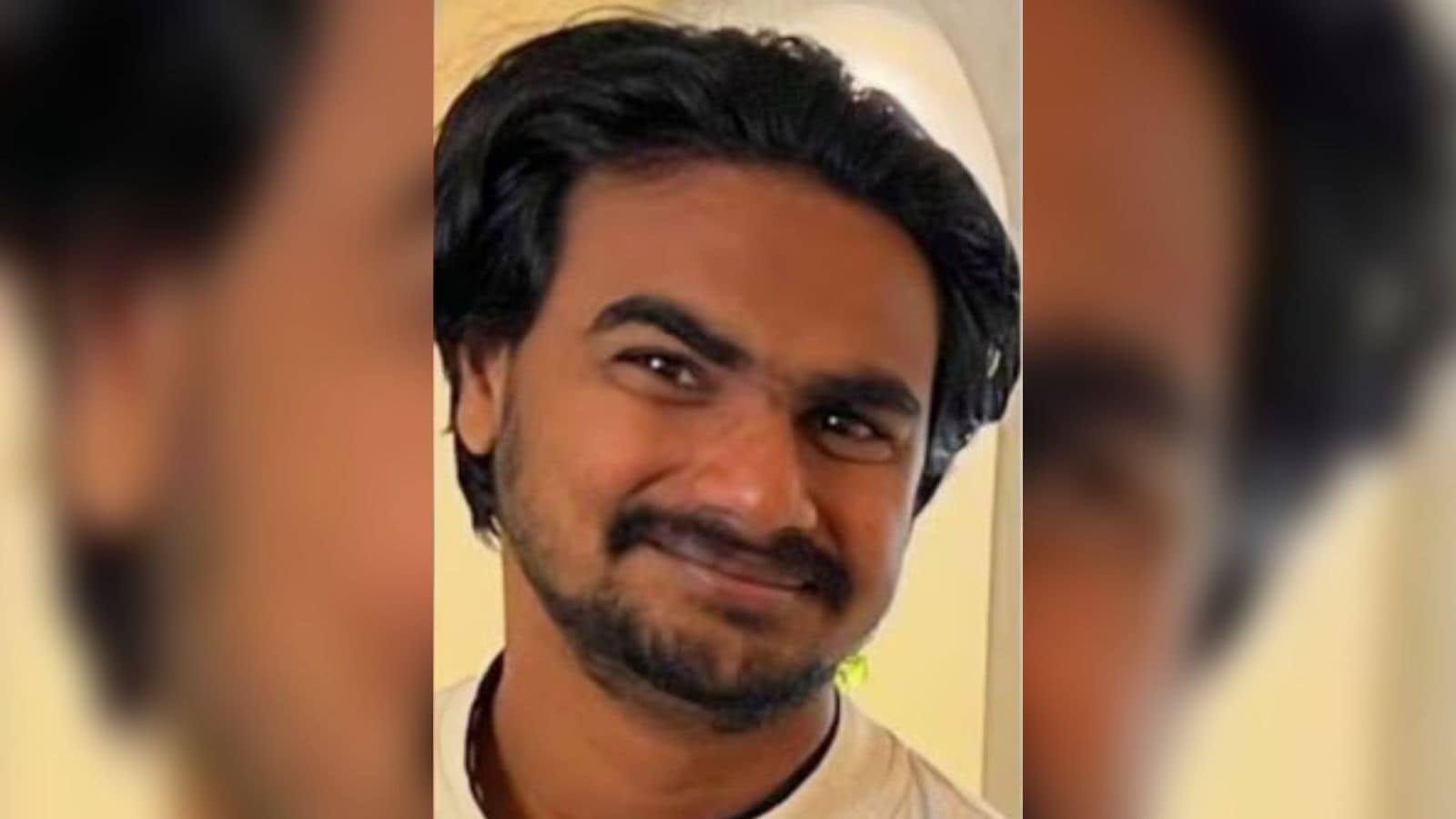 |
|
The arrest of Mohammed Tausif Reyaz, CEO of Platinum Hern Pvt Ltd, marks a significant development in the ongoing investigation into the Torres Ponzi scheme. Reyaz, initially claiming to be a whistleblower, was apprehended near Pune and subsequently remanded in police custody. This arrest highlights the complex web of deceit and international collaboration involved in this massive financial fraud, impacting thousands of victims across multiple Indian regions. The scale of the alleged crime is staggering, with estimates suggesting that crores of rupees were defrauded from investors, many of whom are now facing substantial financial losses. The involvement of foreign nationals, particularly the eight Ukrainian and one Turkish national currently wanted in connection with the scheme, underscores the transnational nature of the operation and the challenges faced by law enforcement in unraveling the intricate layers of the scam.
The investigative process reveals a calculated strategy by the alleged perpetrators. The use of hawala channels to transfer funds abroad, specifically the alleged transfer of over Rs 200 crore in cryptocurrency, points to a sophisticated money laundering operation. The arrest of the alleged hawala operator, Alpesh Khara, provides crucial insights into the mechanics of the scheme. Khara's role in facilitating the illegal conversion of cash into cryptocurrency and subsequent transfer of funds abroad exposes a significant weakness in India's financial system's ability to monitor and prevent such sophisticated cross-border financial crimes. The use of cryptocurrency further complicates the investigation, as it provides a degree of anonymity that is difficult for traditional law enforcement methods to penetrate.
The alleged role of Reyaz, initially presenting himself as a whistleblower, adds another layer of complexity to the case. His alleged use of an audit report exposing irregularities to mask his own involvement demonstrates a high level of cunning and deception. This highlights the lengths to which those involved in financial crimes will go to protect their actions and evade detection. The fact that multiple emails with identical content were sent to various authorities by alleged whistleblowers, including Reyaz, CA Abhishek Gupta, and director Survesh Surve, suggests a coordinated attempt to either cover up involvement or to expose the scam after realizing its imminent discovery. The arrest of Surve, alongside the continued cooperation of Gupta who sought court protection, illustrates the varied levels of involvement and the range of responses from those implicated in the fraudulent activities.
The sheer number of victims, estimated to be around 60,000, and the amount of money involved underscores the gravity of the situation. The approximately 4,000 investors who have already approached the EOW represent a significant portion of those affected, highlighting the widespread impact of this financial crime. The seizure and freezing of assets, including Rs 20 crore in cash, represents a tangible step in recovering some of the lost funds. However, the scale of the alleged money laundering operation, with over Rs 200 crore potentially sent abroad, demonstrates the considerable challenge in fully recovering the stolen funds and bringing all those responsible to justice. The ongoing investigation will require extensive international cooperation to track the stolen assets, apprehend the remaining suspects, and hold accountable those responsible for this massive financial crime.
The case raises serious concerns about the vulnerability of investors to sophisticated Ponzi schemes and the need for increased vigilance and robust regulatory frameworks to protect individuals from such fraudulent activities. The involvement of foreign nationals and the use of cryptocurrency highlight the evolving nature of financial crimes and the challenges faced by law enforcement agencies in tackling these complex, transnational offenses. This case serves as a stark reminder of the importance of due diligence, financial literacy, and effective cross-border cooperation to combat sophisticated financial crimes and safeguard the financial integrity of nations.
The Mumbai Police's proactive efforts, including securing an Interpol Blue Corner notice against the eight Ukrainian and one Turkish national, showcases their commitment to pursuing justice in this case. The continued investigation and the relentless pursuit of those involved will hopefully lead to the recovery of more stolen funds and the ultimate prosecution of all those responsible for this devastating fraud. The cooperation of witnesses and the meticulous work of the EOW are essential in bringing this case to a successful conclusion and preventing future instances of similar financial crimes.
Source: Torres Ponzi scheme: CEO Tausif Reyaz, who claimed to be whistleblower, arrested from near Pune
